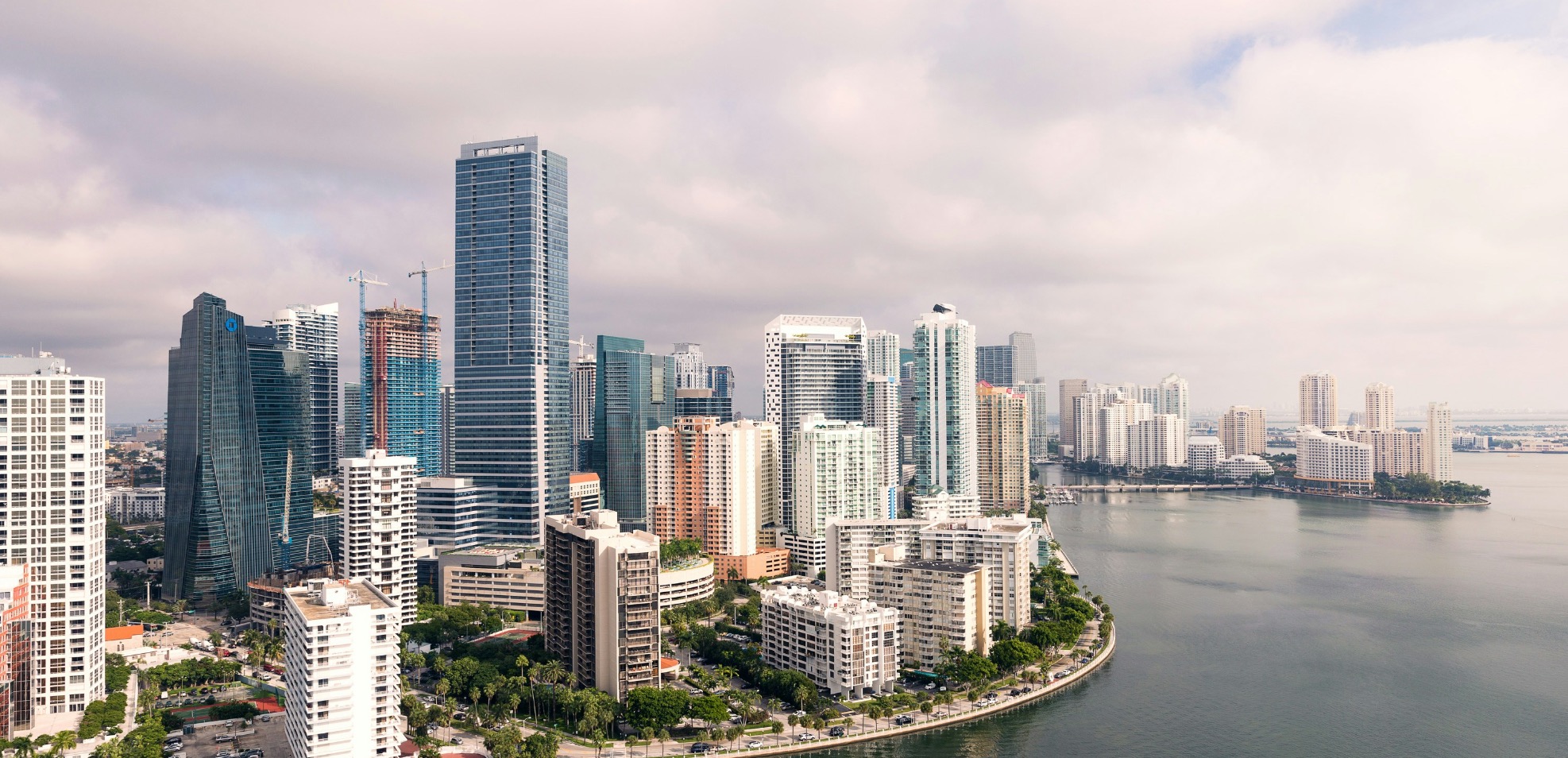Bay Harbour
Aug 14, 2024
5 areal estate trends that is worth knowing about in 2025
5 areal estate trends that is worth knowing about in 2025

As of my last update in early 2022, predicting specific trends for 2025 can be speculative, but based on current trajectories and evolving market dynamics, here are five potential real estate trends that could be significant by 2025:
- Rise of Sustainability: The emphasis on sustainable living and construction practices is likely to continue growing. By 2025, we might see more developments incorporating green building certifications like LEED or WELL, as well as features such as solar panels, energy-efficient systems, and eco-friendly materials becoming standard in new construction.
- Tech Integration: Advances in technology will likely further integrate into real estate. This could include smart home technology becoming more prevalent, with features like automated systems for climate control, security, and energy management. Virtual reality (VR) and augmented reality (AR) might also play larger roles in property tours and marketing.
- Shifts in Urban vs. Suburban Demand: The COVID-19 pandemic has already influenced preferences for urban vs. suburban living. By 2025, we may see continued interest in suburban areas offering more space, affordability, and quieter lifestyles, although urban areas will likely remain attractive for their amenities and proximity to jobs and entertainment.
- Work-From-Anywhere Impact: The normalization of remote work is likely to persist, impacting real estate trends. Homebuyers may prioritize properties with dedicated office spaces or flexible layouts that support remote work arrangements. Additionally, there could be increased demand for properties in secondary or tertiary markets as people seek more affordable and spacious housing outside of major urban centers.
- Generational Preferences: By 2025, younger generations such as Millennials and Gen Z will make up a larger portion of homebuyers. Their preferences for urban living, sustainability, and tech integration will influence the types of properties developed and marketed. Developers and investors will need to adapt to cater to these generational preferences.
These trends reflect broader societal shifts and evolving consumer behaviors that are likely to shape the real estate landscape as we approach 2025. However, the exact nature and impact of these trends will depend on various factors including economic conditions, regulatory changes, and unforeseen global events.




